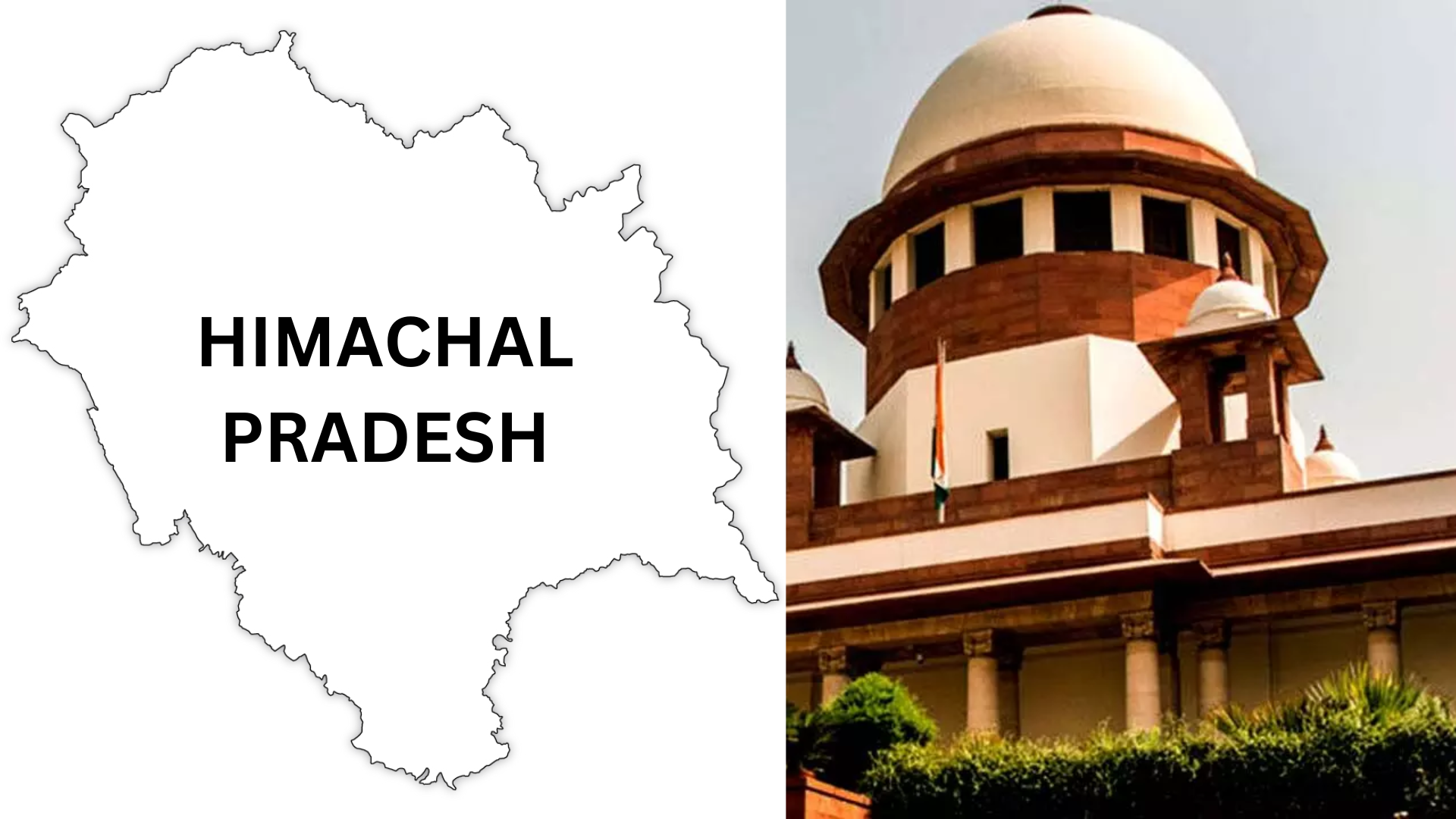The Supreme Court’s recent decision to decline a stay on the disqualification of six Congress leaders from Himachal Pradesh has sparked further debate and scrutiny over the state’s political landscape. The apex court, led by a bench of justices Sanjiv Khanna and Dipankar Datta, stood firm in its decision, refusing the six MLAs permission to vote or participate in the legislative proceedings. This decision comes in light of the Congress leaders’ alleged cross-voting for the BJP candidate during the Rajya Sabha elections in the state.
The issue stems from the events of February 29, when Speaker Kuldeep Singh Pathania invoked the anti-defection law to disqualify Sudhir Sharma, Rajinder Rana, Davinder K Bhutto, Ravi Thakur, Chaitanya Sharma, and Inder Dutt Lakhanpal, all prominent Congress MLAs. This move came after it was revealed that in the Rajya Sabha election, a significant number of Congress members had purportedly voted in favor of the BJP candidate, Harsh Mahajan. The vote count ended in a deadlock, with 34 votes on each side, leading to a draw of lots that ultimately favored Mahajan.
The disqualification by the Speaker has stirred controversy within the political circles of Himachal Pradesh, particularly as it impacts the delicate balance of power in the state assembly. Following the 2022 Assembly elections, the Congress held a majority with 40 MLAs, while the BJP trailed behind with 25 seats in the 68-member assembly.
The remaining three seats were held by independents. However, the unexpected cross-voting during the Rajya Sabha election brought the BJP candidate to victory, despite their minority status in the assembly.
The Supreme Court’s decision not to intervene in the disqualification process adds another layer of complexity to the situation. With the matter slated for further hearing in the second week of May, the political landscape of Himachal Pradesh remains in flux, especially considering the upcoming general elections. The timing of these events coincides with the announcement of the general election date and the notification of the nomination process for May.
The ramifications of this decision extend beyond the immediate political fallout. It raises questions about the efficacy of anti-defection laws in preserving the integrity of the democratic process. The actions of the six disqualified MLAs have not only cast a shadow over their political careers but have also brought to the forefront the need for greater accountability and transparency in the functioning of legislative bodies.
As the saga unfolds, all eyes will be on the Supreme Court as it navigates the intricate legal and constitutional nuances of this case. Meanwhile, the people of Himachal Pradesh await clarity on the future course of their state’s political landscape, mindful of the broader implications for democracy and governance.






















